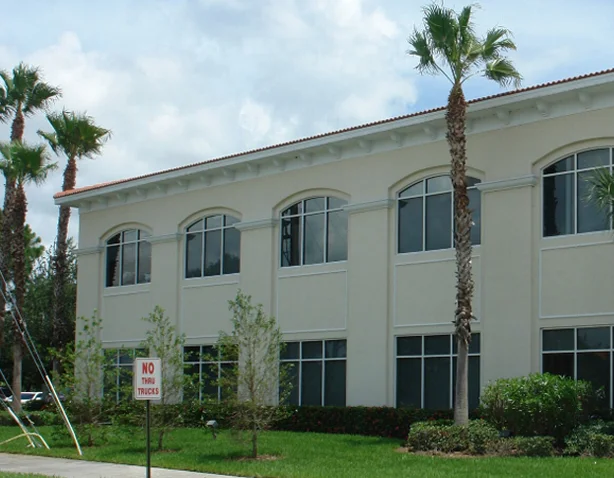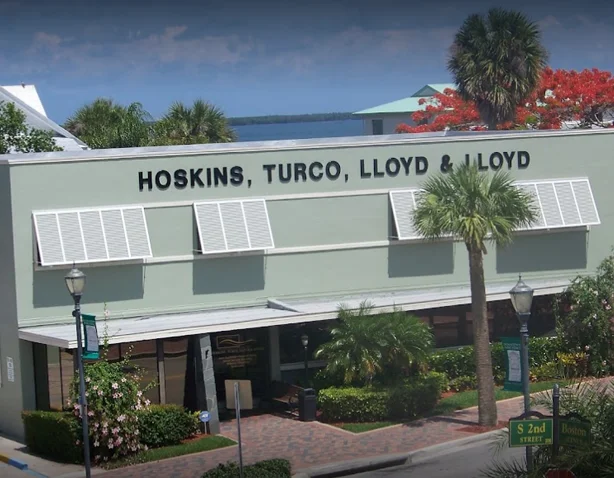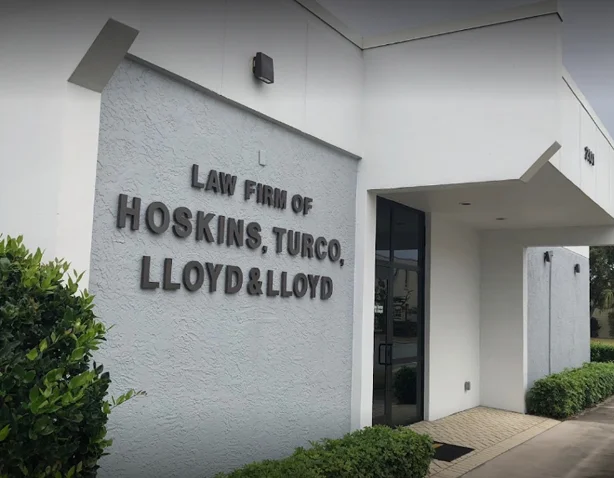Before you share that next post, read this. Our latest blog uncovers how social media affects injury claims and why even an innocent selfie could cost you in your personal injury case.
At Hoskins, Turco, Lloyd & Lloyd, we’ve seen it time and time again—someone posts a smiling selfie, shares a vacation throwback, or checks in at a restaurant while recovering from a serious injury, unaware that those few clicks could seriously damage their personal injury case.
If you’ve been injured in a car accident, truck crash, slip and fall, or any serious incident, social media can quietly become your worst legal enemy. Insurance adjusters, defense attorneys, and even opposing investigators are actively scanning your online presence for anything that can be twisted to discredit your injuries, minimize your suffering, or worse—suggest you’re at fault.
This isn’t about fear—it’s about facts. In this article, our personal injury attorneys break down exactly how social media affects injury claims, and what you can do to protect yours.
Posts become problems: How social media affects injury claims
What you post online isn’t just a digital diary—it’s discoverable evidence. That gym selfie, brunch photo, or funny status update might be harmless to friends, but in court, it can be used to undercut your entire case. Here’s how:
1. Contradicting your injuries
The mistake: Posting photos or videos that suggest you’re more active than you’ve claimed can give the defense room to challenge the severity of your injuries.
Example: After a motorcycle accident, Jake says he’s unable to stand for long periods due to back pain. A few days later, he posts a video at his niece’s birthday party—standing, laughing, and tossing a football. The defense attorney uses that clip to question whether Jake is exaggerating his injuries.
2. Damaging your credibility
The mistake: Posting photos or videos that show reckless behavior, make light of the situation, or conflict with your sworn statements can hurt your trustworthiness.
Example: Maria files a claim for emotional distress after a slip and fall. In her deposition, she shares how anxious and isolated she feels. But her Instagram tells another story: selfies with friends, vacation memes, and a caption that reads “Living my best life!” The defense argues she’s embellishing her suffering.
3. Admitting fault without realizing it
The mistake: A vague or emotional comment online could be taken as an admission of guilt—even if you didn’t mean it that way.
Example: After a truck accident, Terrence posts to Facebook, “Was eating my lunch driving to my next appointment when I got into an accident!” Although he wasn’t at fault, the insurer uses the post to argue shared liability—Terrence was distracted and eating his lunch while driving. This could reduce his compensation significantly.
4. Undermining emotional distress claim
The mistake: If you claim emotional trauma but your social media portrays you as happy and carefree, your claim might lose credibility.
Example: Danielle is seeking damages for depression following a traumatic workplace injury. Meanwhile, her TikTok shows her dancing with friends and posting motivational quotes. The defense argues her online activity doesn’t align with her emotional distress claim.
5. Leading to lower settlement offers
The mistake: If insurers find anything online suggesting your injuries aren’t serious, they may offer far less than your claim is worth.
Example: Tom shares a Facebook status: “Can’t wait to hike again soon!” meant to express hope for recovery. The opposing team takes it literally and cuts the settlement offer in half, arguing he’s clearly not as limited as he says.
How to protect your case on social media
Here at Hoskins, Turco, Lloyd & Lloyd, we encourage clients to treat social media like a courtroom during an injury claim. Here are a few critical tips to help keep your case strong:
- Pause posting entirely until your case is fully resolved. It’s the safest move.
- Don’t discuss your accident, injuries, or legal case online—at all.
- Ask friends and family not to tag you or post about your condition or activities.
- Tighten your privacy settings, but remember—nothing is ever fully private online.
- Document your recovery offline. Use a journal or notes app instead of social media updates.
Injured in an accident? Call one of Florida’s most trusted law firms
For over 40 years, Hoskins, Turco, Lloyd & Lloyd has helped thousands of accident victims navigate the legal and financial challenges of serious auto crashes. Whether you’re injured in a car accident, truck accident, motorcycle accident, or bike or pedestrian accident, we will fight tirelessly to ensure you get the support, care, and compensation you deserve. We’ve recovered more than $500 million in settlements for our clients and have over 500 5-star Google reviews. We have the experience, expertise, and exceptional client service to help you get the justice and results you deserve.
Contact us today for a FREE case review by calling 866-930-6435



